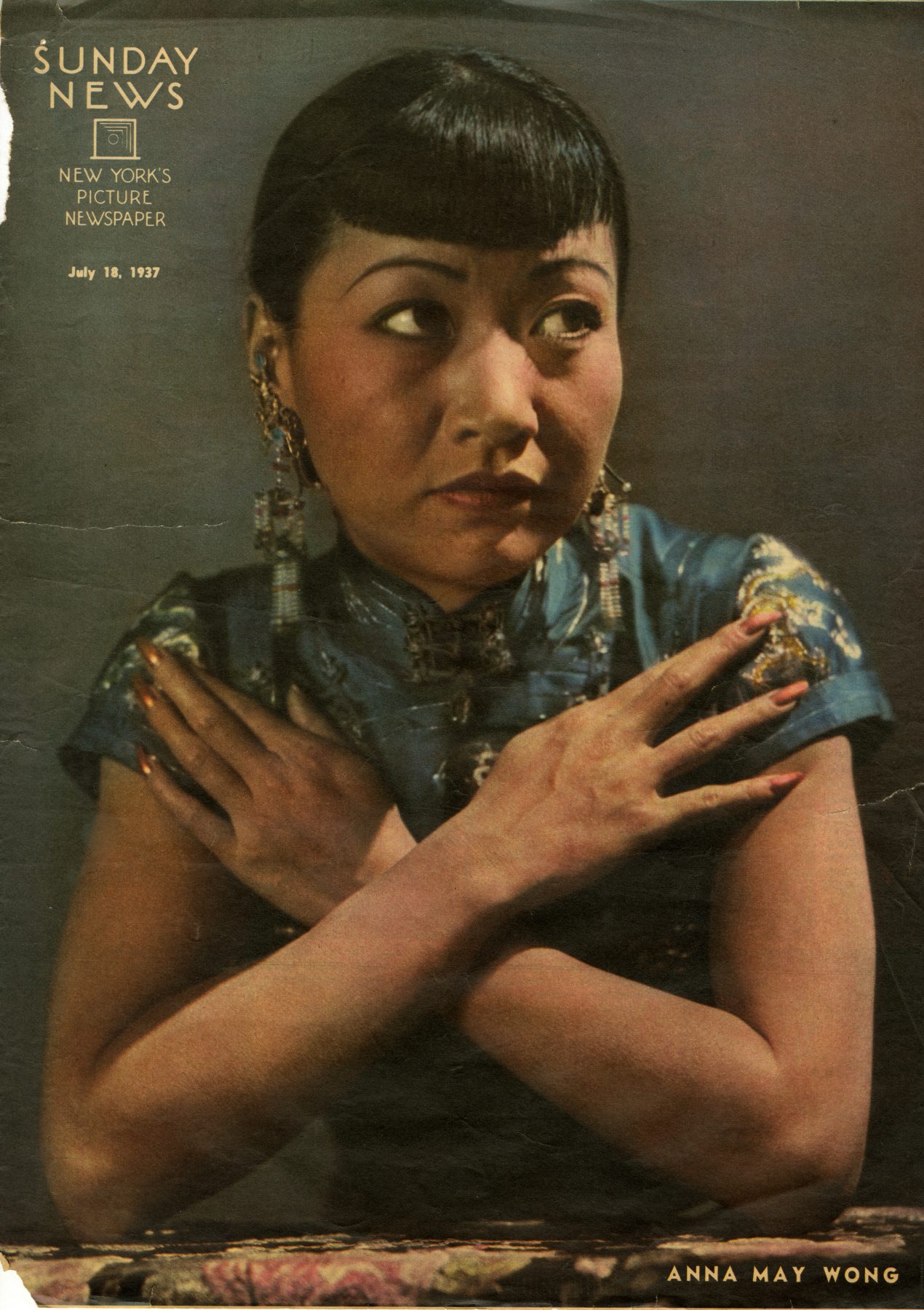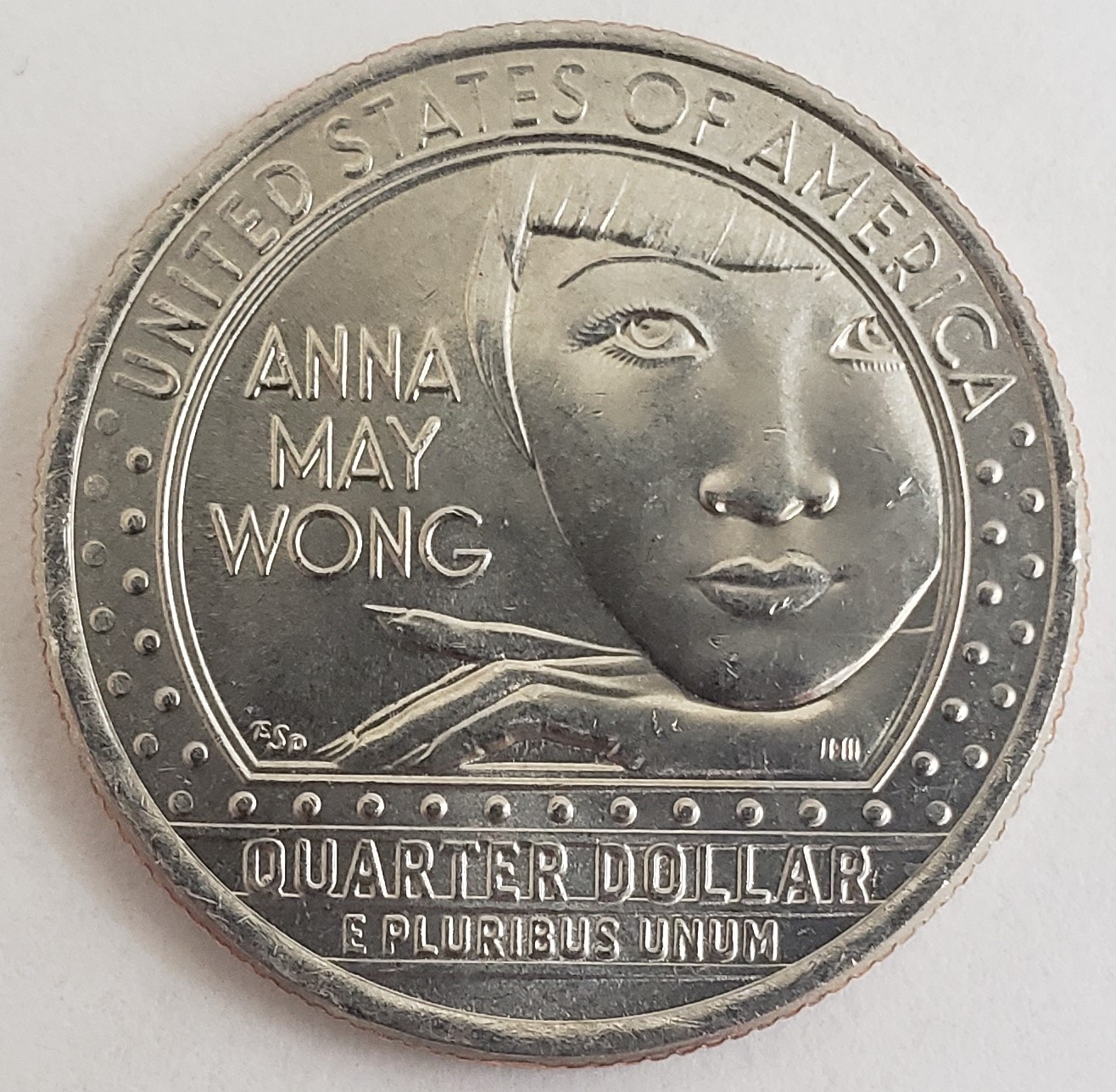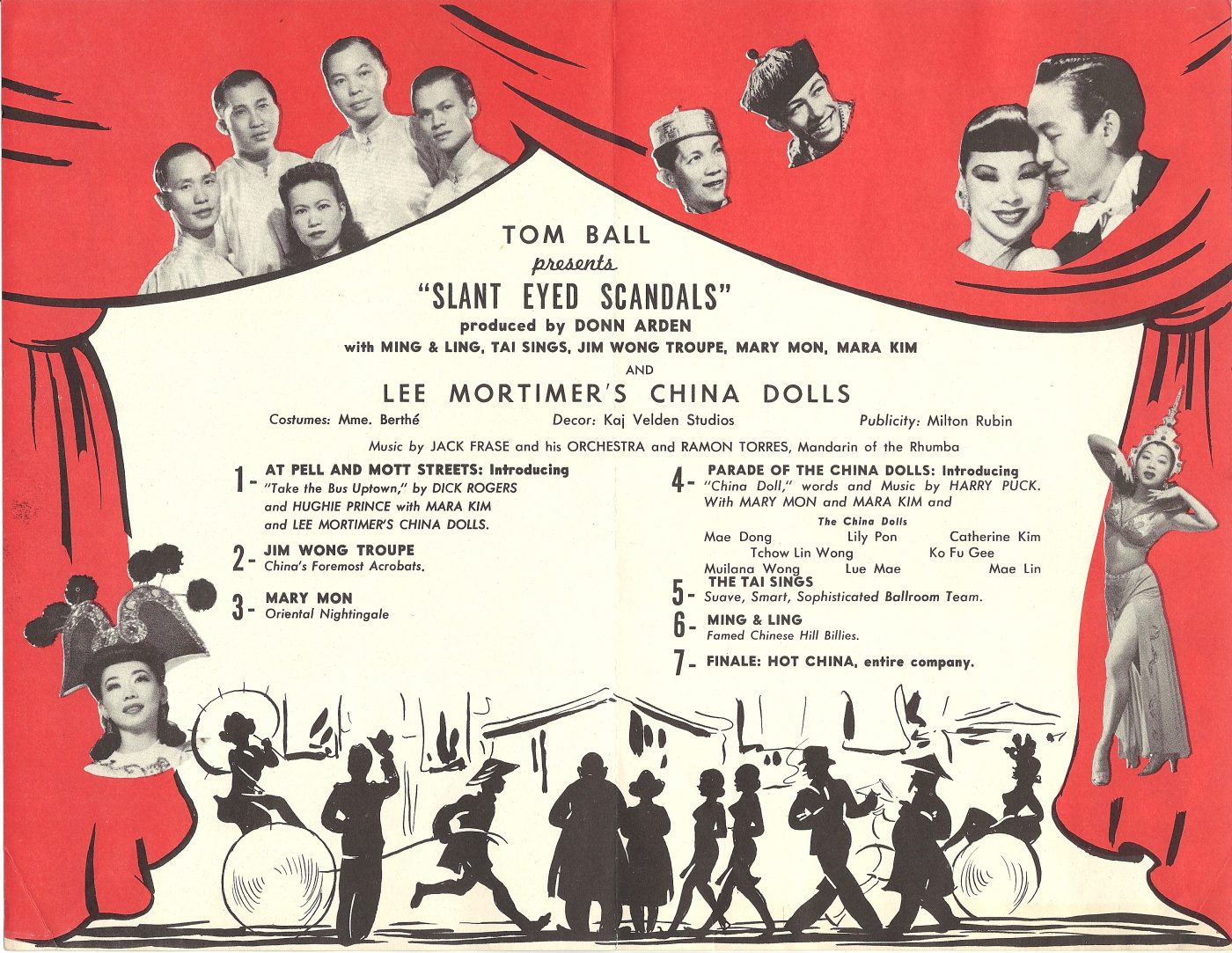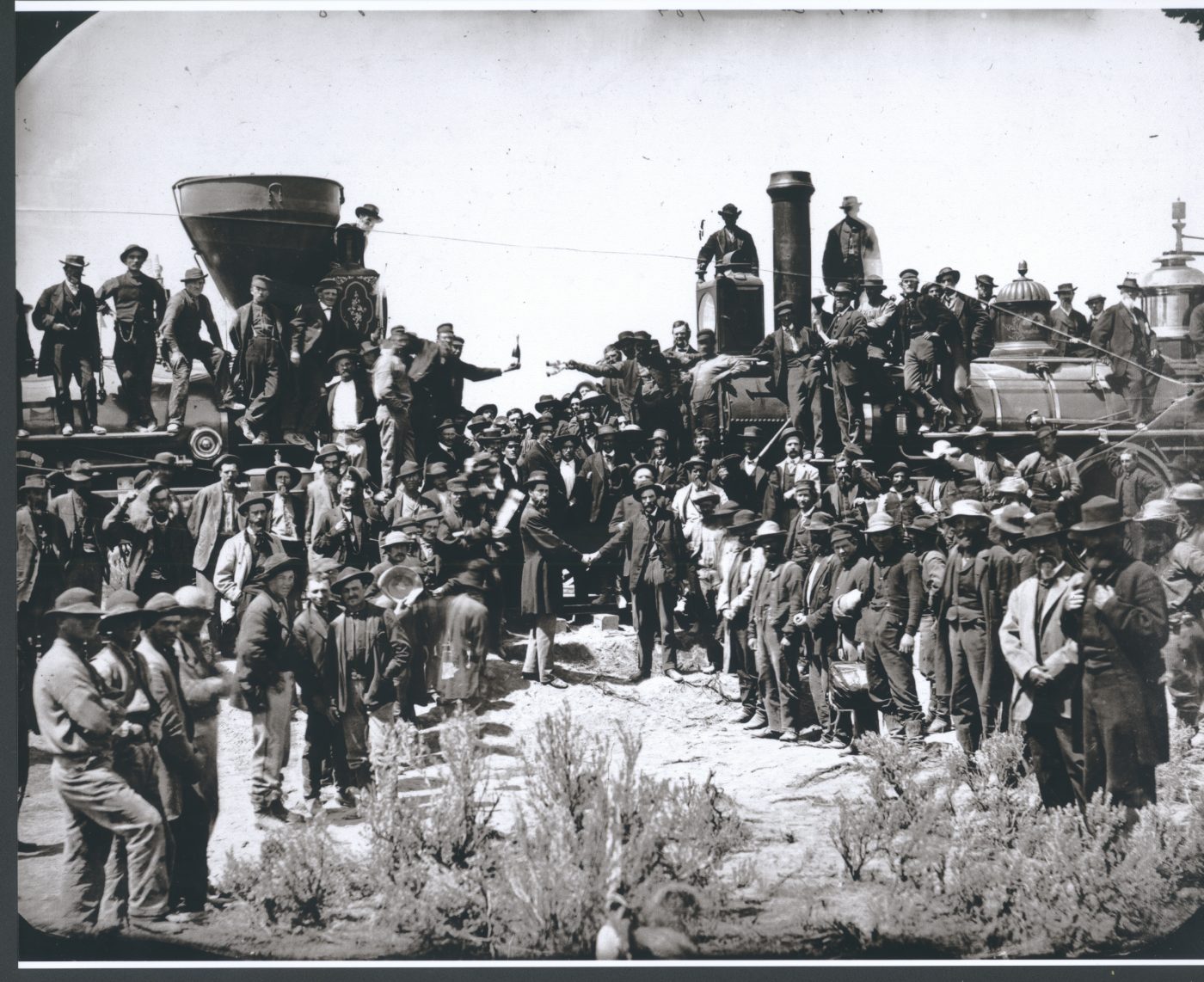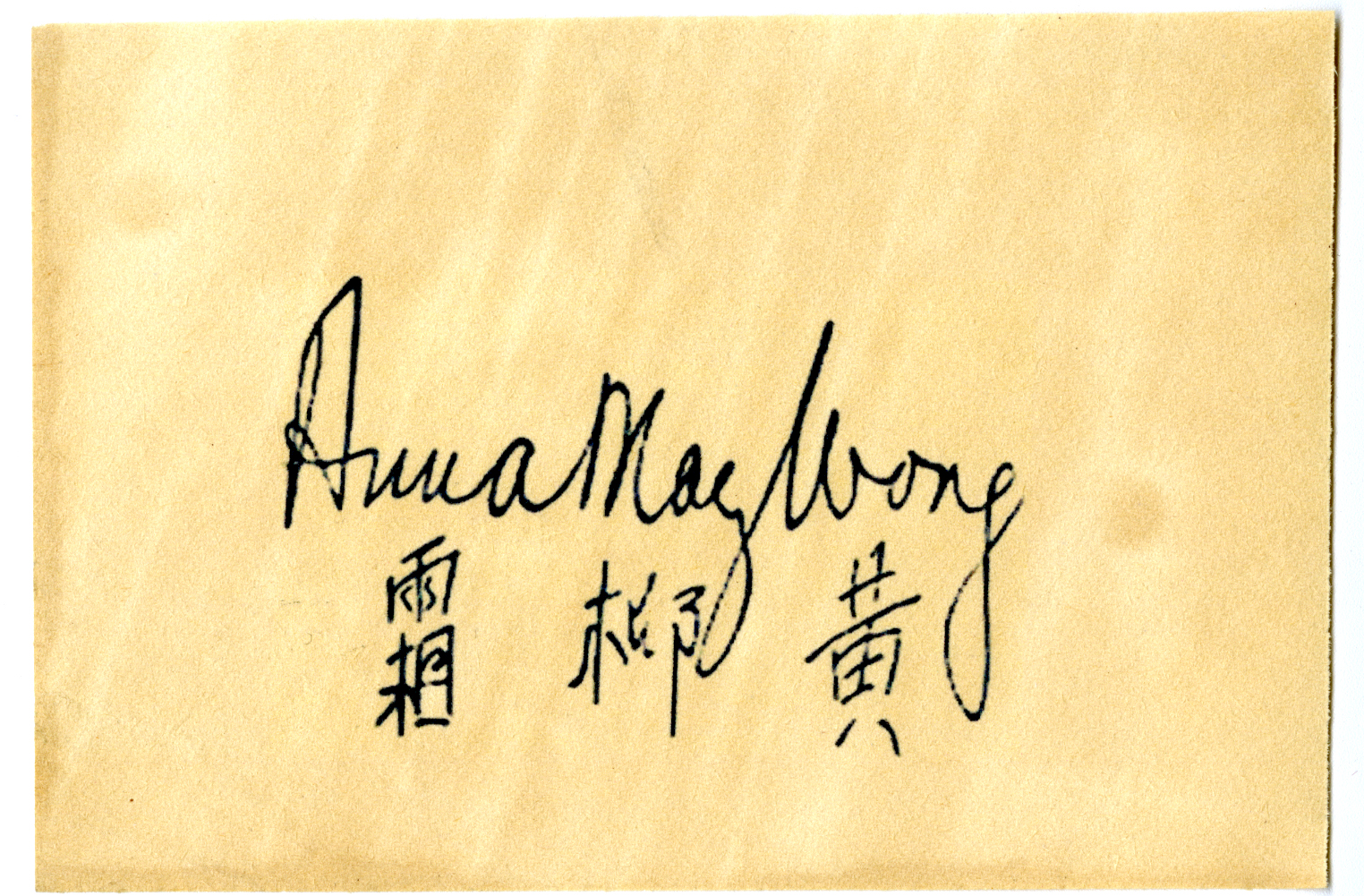
Anan May Wong Autograph, Courtesy of Alex Jay, Museum of Chinese in America (MOCA) Collection.
黄柳霜亲笔签名,Alex Jay捐赠,美国华人博物馆(MOCA)馆藏
Anna May Wong (born Wong Liu Tsong) was the first Chinese American Hollywood movie star and the first Chinese American actress to gain international stardom. Born in Los Angeles in 1905, she became infatuated with film at a young age and single-mindedly pursued acting, landing her first major role at seventeen. While critics took great note of her talent and star power, Hollywood deemed her race as unfitting for a leading lady. The studio system consistently capitalized off her fame while only casting her in racist supporting roles of the demure “Butterfly” or the calculating “Dragon Lady.” Even as the most famous Chinese American actress of her time, Wong was passed over again and again for leading Asian roles eventually played by white actresses in yellow face.
Anti-miscegenation laws forbade her from even sharing an on-screen kiss with a white leading man. Tired of her career being stymied by racial discrimination, Wong moved to Europe in 1928 where her talent and beauty turned her into an overnight sensation. Ironically, Hollywood became attracted to Wong’s European stardom in the 1930s, but the leading roles it finally offered her remained stereotypically racist. Ever proud of her heritage and insistent of her worth, Wong used her celebrity to speak out on political issues, including the mistreatment of Chinese in America. While tragically too bright a star for her time, her legacy outshines the obstacles Hollywood forced upon her: Wong’s career, iconic image, and outspoken values served to humanize Chinese Americans to white audiences during Chinese Exclusion and beyond.
